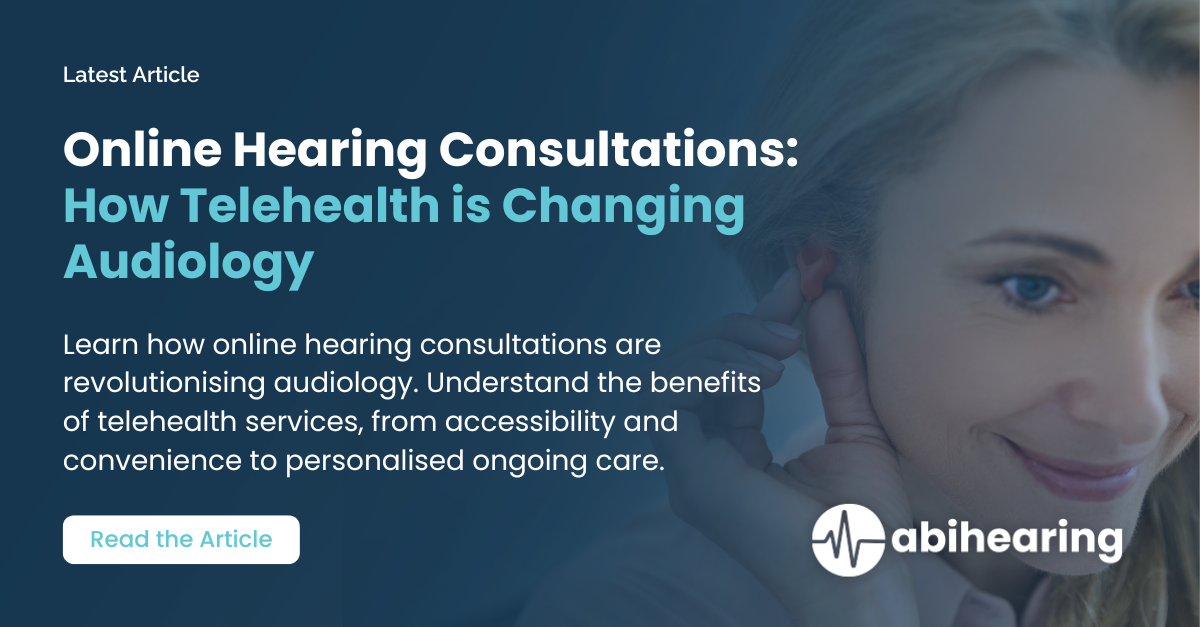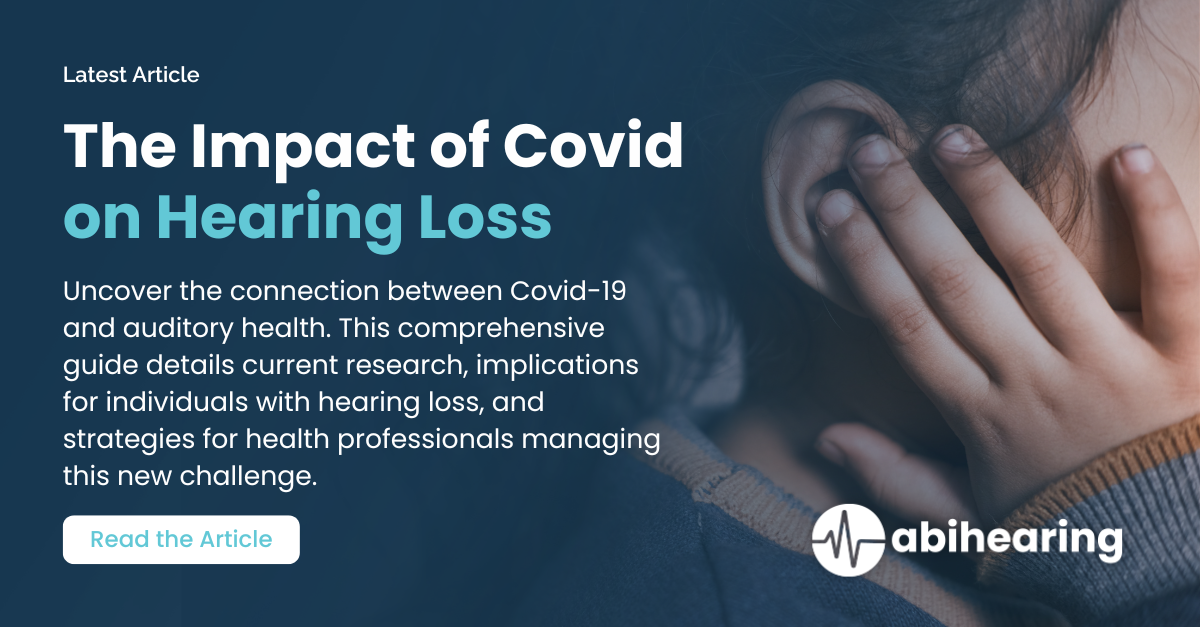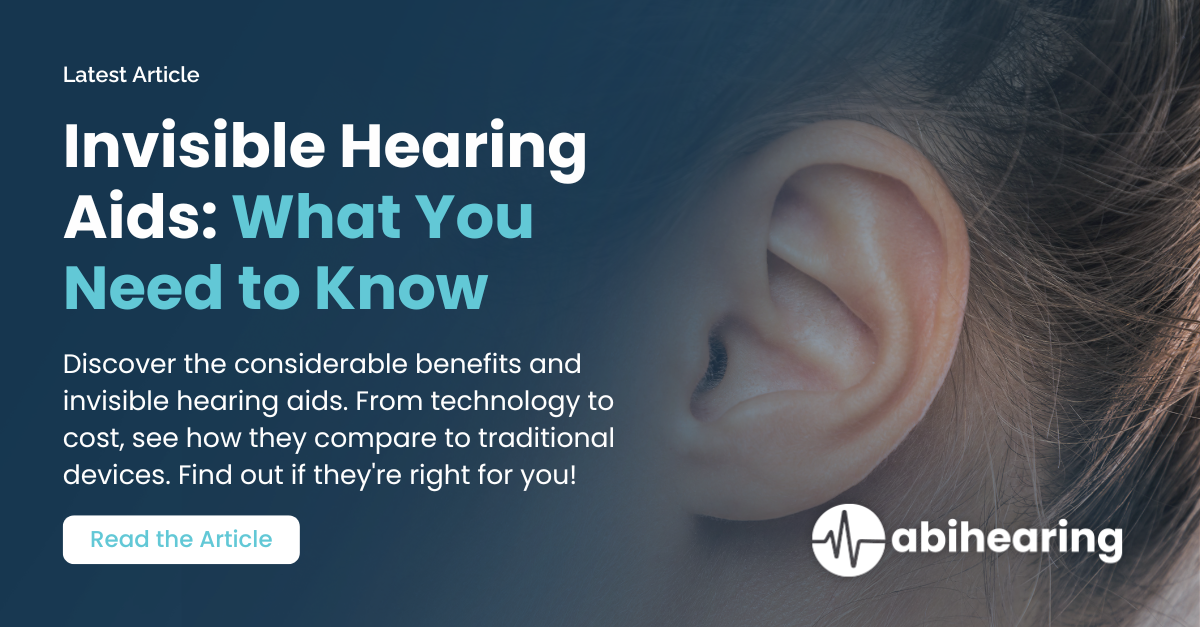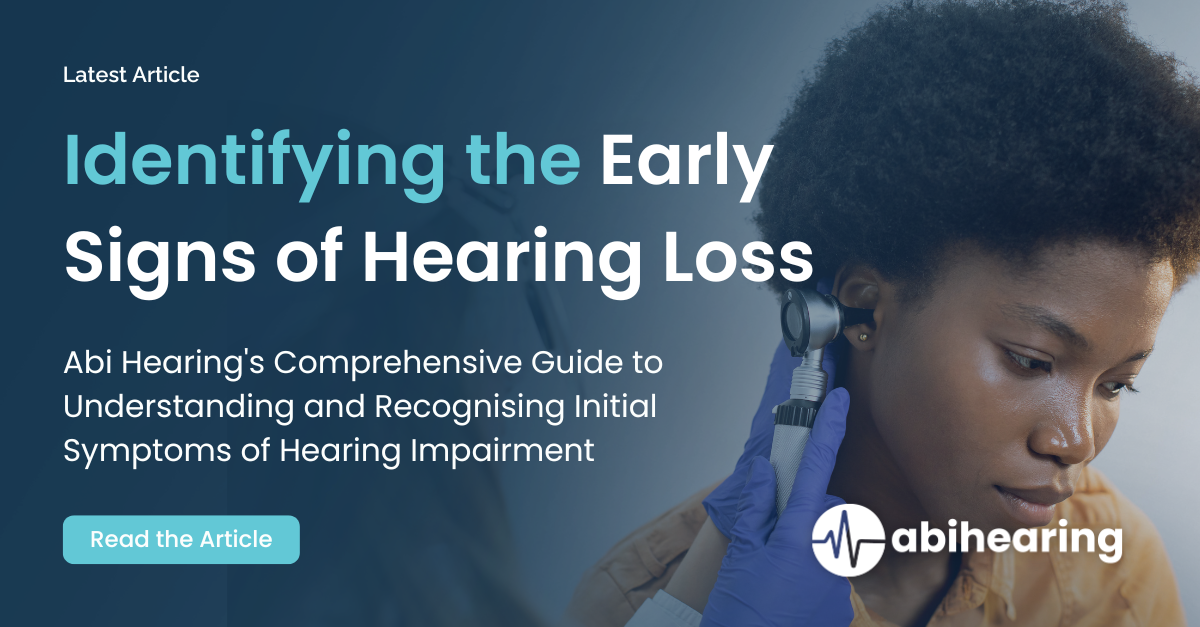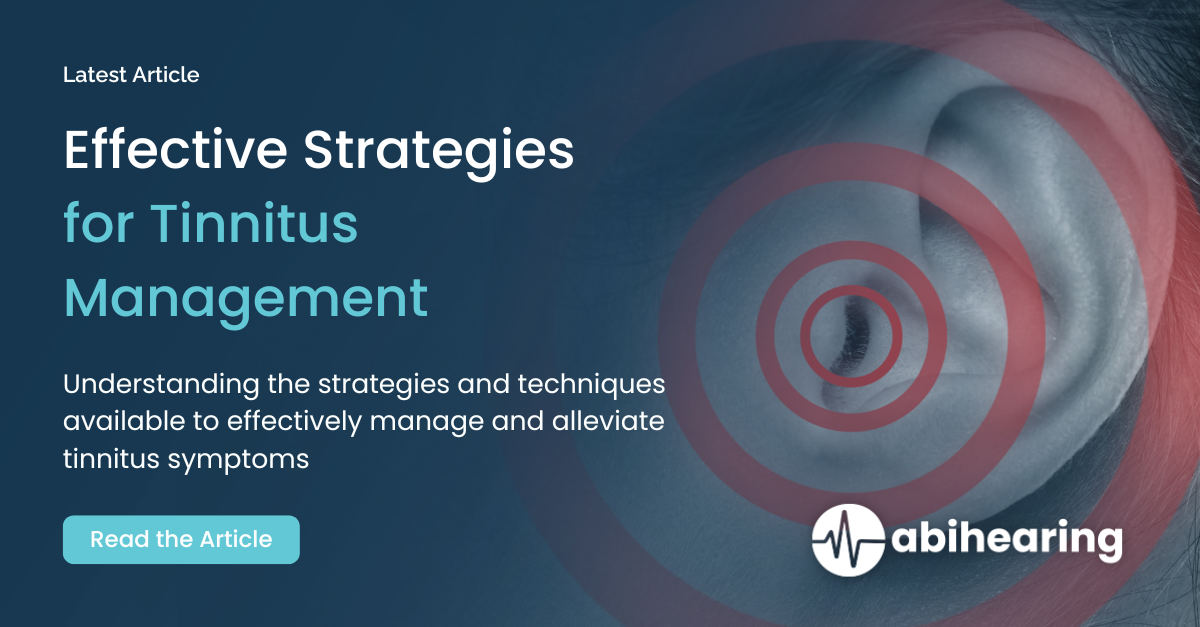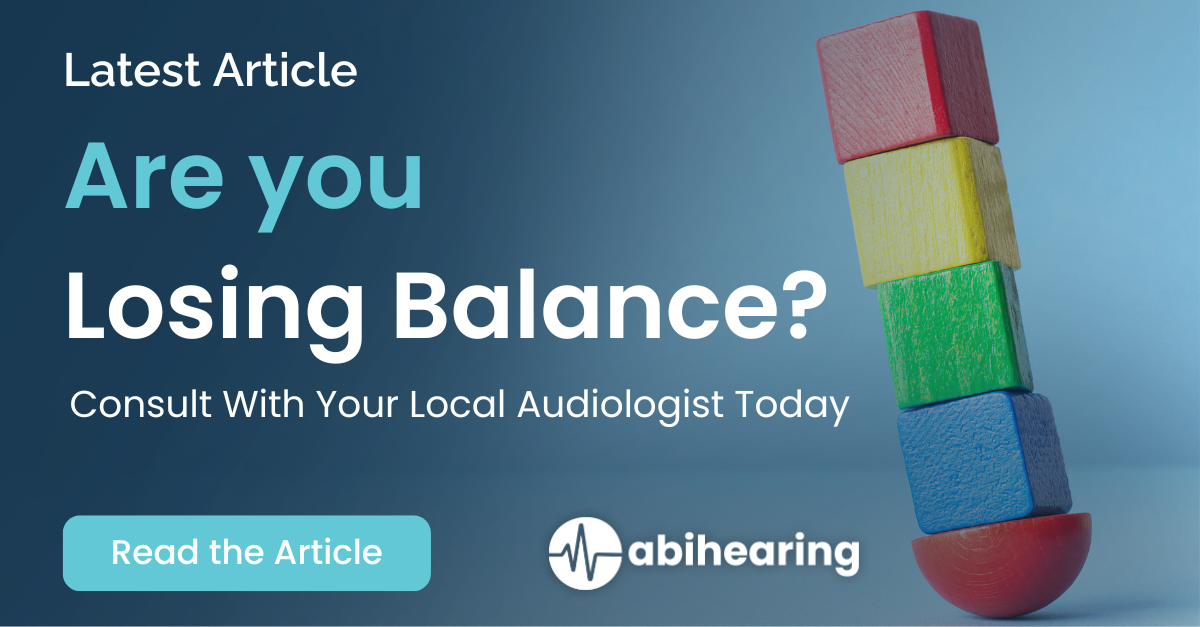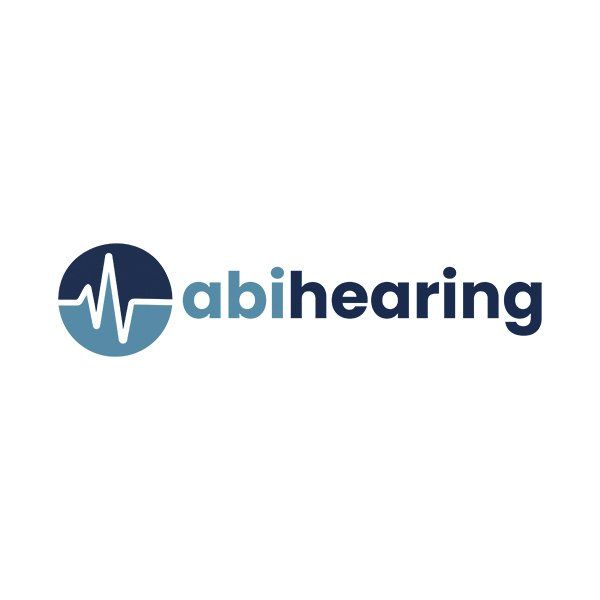Your Ultimate Guide to Buying Hearing Aids Online in Australia: Expert Insights and Advice
In today's increasingly digital world, there's a rising trend where people prefer to purchase hearing aids online, particularly in Australia. This upswing isn't by chance; it is a direct consequence of the digitisation of our lives, the spread of internet access, and the convenience offered by online shopping platforms. Online purchasing has become a viable and often preferred option, even for healthcare products like hearing aids.
This noticeable shift towards the online marketplace presents both advantages and challenges. While this digital shift allows you to explore many options with a simple click, it also places the onus on you to ensure the authenticity and reliability of the products and vendors. Knowing what to expect and being aware of your rights and obligations as an online consumer can significantly impact your online shopping experience.
The key merits of purchasing hearing aids online include convenience, variety, and cost-effectiveness. Online platforms allow for 24/7 shopping from the comfort of your home, eliminating the need for travel and reducing time constraints. Many online hearing aid shops offer a wider variety of hearing aid options than physical clinics, enabling you to choose the best fit based on your specific needs and budget.
Understanding Hearing Aids and Their Role in Improving Patient Hearing Health Outcomes
Hearing aids can significantly impact a patient's auditory capabilities, paving the way for a better quality of life for individuals dealing with hearing loss. These devices work by amplifying the sounds in the environment, making it easier for the user to hear and communicate more effectively.
The evolution of hearing aids has been remarkable, particularly with the emergence of advanced hearing aids that offer superior sound quality, greater comfort, and additional features such as Bluetooth connectivity and rechargeable batteries. These technological strides have been instrumental in transforming the landscape of auditory health solutions.
In-ear hearing aids, for instance, are designed to fit completely inside the outer ear and are custom-made to fit each individual. Their discrete nature, combined with their effectiveness, makes them a popular choice among many users.
"Modern hearing aids, equipped with cutting-edge technology, have the potential to revolutionise auditory health management," says
Shukri Abi, Director at Abi Hearing, a hearing professional who asserts that the impact of advanced hearing aids goes beyond just improving hearing outcomes.
High-tech hearing aids are not just tools to enhance auditory functions; they are enablers that can improve interpersonal communication, boost self-confidence, and contribute positively to overall mental well-being. As we continue to witness advancements in this field, the future of auditory health management certainly looks promising.
Advantages of Buying Hearing Aids Online
Purchasing hearing aids online is transforming the landscape of audiology in Australia. This modern approach is marked by several advantages that are beneficial for consumers.
Firstly, cost-effectiveness is a major factor. Traditional hearing clinics have operational costs, like rent and staff salaries, which are often passed down to customers through higher product prices. Online hearing aid shops cut down these overhead expenses, hence providing more affordable solutions. In many cases, customers can save hundreds of dollars when purchasing online without compromising the quality of the product.
The online hearing aid market allows customers to browse and compare a wider range of hearing aid brands and models than what may be available at their local audiology clinic. This not only saves time and travel expenses but also enables customers to make decisions at their own pace.
The choice and variety available online are unparalleled. Whether you need a device with advanced sound processing capabilities to improve speech understanding in noisy environments or one with a directional microphone and receiver-in-ear to enhance natural sound quality and eliminate background noise, you will likely find a suitable option online.
Additionally, many online platforms provide comprehensive information about each product, including features, specifications, and user reviews. These details, combined with advice from a qualified audiologist via telehealth hearing aid fittings and consultations, can guide consumers towards making an informed decision.
How to Buy Hearing Aids Online in Australia
Buying hearing aids online in Australia involves a series of steps that enable you to choose a device best suited to your needs. Follow these steps for a seamless online buying experience.
Understand What You Need from Your Hearing Device
The type of hearing loss you have will dictate the kind of hearing aid you need. Do you have moderate hearing loss, or is it severe-to-profound? Is it affecting one ear or both? An initial consultation with a qualified audiologist can help identify your hearing ability and the areas you struggle with most, such as understanding speech in noisy environments or localising sounds.
Take an Online Hearing Test
Many online platforms offer online hearing tests. These tests can help gauge your hearing capabilities and indicate the severity of any hearing loss. Keep in mind that these tests are not a substitute for a professional consultation, but they can provide a useful starting point.
Research Reliable Hearing Aid Vendors
There are many Australian-owned companies that offer hearing aids online, from a range of global manufacturers such as Oticon, Phonak, Resound, Starkey, Signia, Unitron and Widex. Research each company to understand its reputation, the quality of its products, its prices, and its customer service levels. Also, consider their return policy and whether they offer warranties on their products.
Browse Available Models
Online hearing aid shops typically offer a wide range of hearing aid models, from basic or entry-level hearing aids to advanced models equipped with the latest technology. Consider different factors such as sound quality, natural sound capabilities, noise management systems, and styles (in-ear models, behind-the-ear designs, etc.).
Read Hearing Device Product Specifications and Reviews
Detailed product descriptions will provide information about the device's features, such as advanced sound processing packages, compatibility with cell phones for phone calls or use as a remote control, battery life, and resistance to water and dust. Customer reviews can give you insight into real-life experiences with the product and the company's customer service.
Book a Remote Hearing Device Fittings
Reputable online hearing aid providers offer remote hearing aid fittings, where professional audiology specialists help you fit and adjust your hearing aid via a video call. This can be a significant advantage in ensuring comfort and optimal function of the hearing aid.
Secure Payment and Shipping
After you have consulted with an audiologist and have worked together to choose the right hearing aid, the final steps involve making a secure online payment and arranging for shipping. Look for secure payment options, and ensure the vendor ships to your location in Australia.
Post-Purchase Hearing Aid Support
After purchasing, remember that follow-up appointments with an audiologist or hearing specialist are key to maintaining your hearing health. Adjustments might be needed to ensure the hearing aid is working optimally for your everyday life. A good online hearing aid provider will offer this as part of their service package.
Conclusion
In essence, the growth and success of online hearing aids in Australia bear testimony to their benefits. Making an informed decision while buying hearing aids online will ensure that you get the best quality, technology, and price. Let this guide serve as your roadmap to a satisfactory online hearing aid purchase.
Remember, the key to a successful purchase is research, comparison, and understanding your unique requirements. Don't hesitate to ask questions and seek assistance when needed. Your hearing health is worth it!


